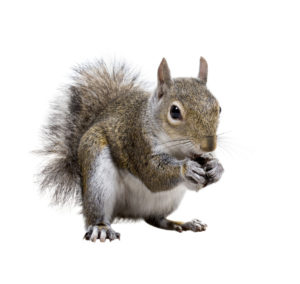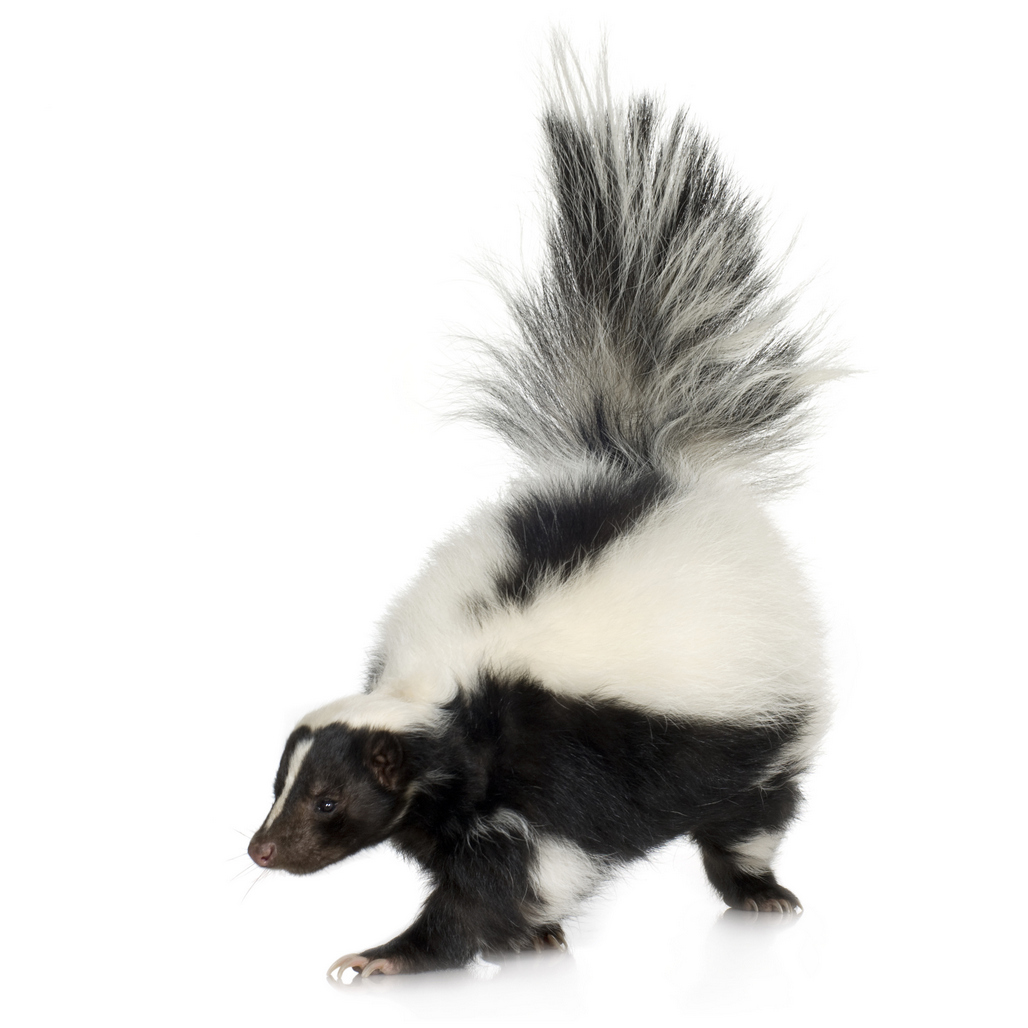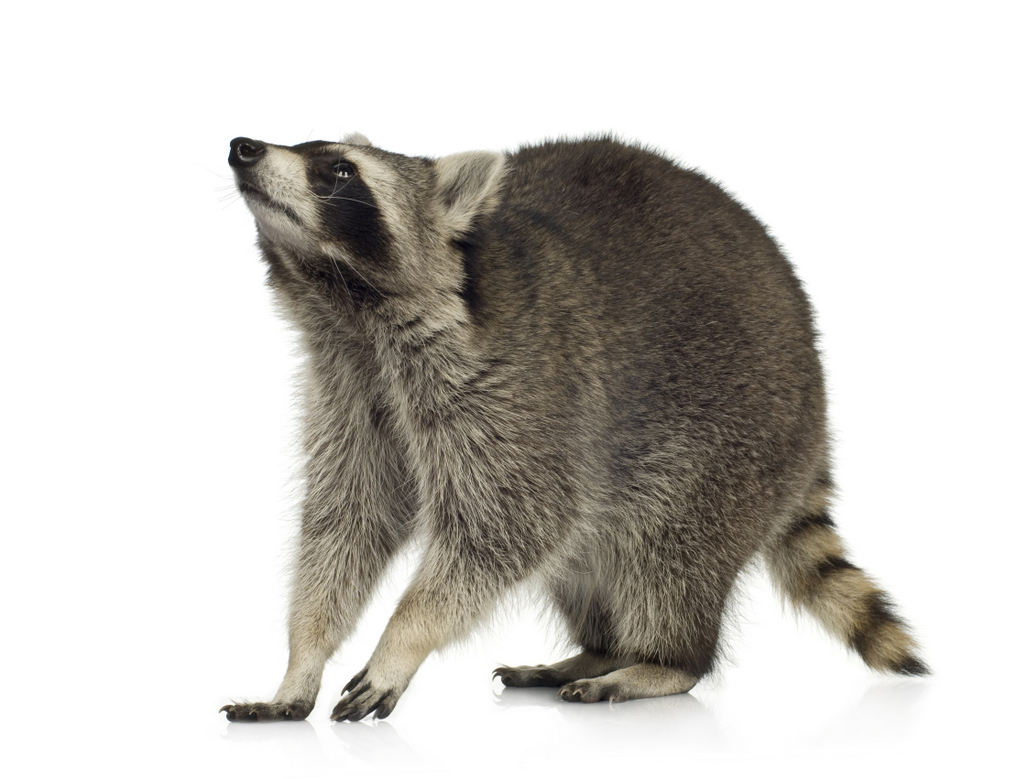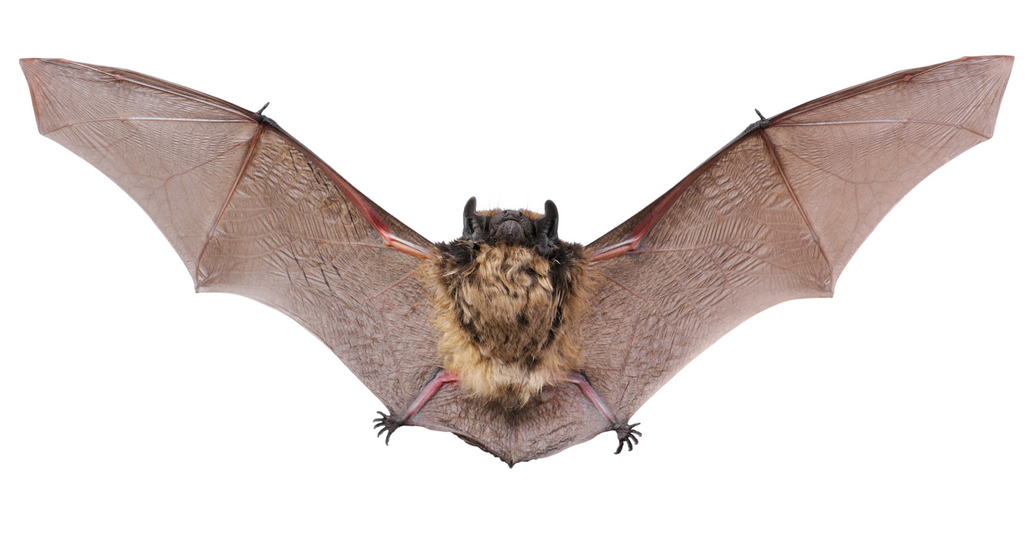Squirrel Removal Service

Squirrel Trapping and Removal
Squirrels are classified as game animals in many states and flying squirrels are often protected as non-game wildlife. Trapping and removal of pests may require special permits or regulation compliance. While squirrels are not usually aggressive, it is always safer to allow trained wildlife specialist to trap and remove nuisance wildlife. The wildlife specialist at All About Wildlife Control understand the health and safety risks of dealing with squirrels and we have the knowledge and experience to safely and effectively solve your nuisance squirrel problem.
Squirrel Prevention and Control
Making your property less desirable to squirrels through habitat modification is the best prevention and control strategy for squirrels. Trimming limbs and shrubs 10 feet away from buildings will help prevent squirrels from jumping onto roofs. Sealing all opening to a structure will also deter squirrels from considering your home as a potential nesting location. Barriers can be used to protect gardens and crops. The nuisance wildlife specialist at All About Wildlife Control will use their knowledge and experience to develop effective damage prevention and control strategies for your unique property.
Call All About Wildlife Control today at (864) 546-1016 to get rid of squirrels and to prevent squirrel problems.
All About Wildlife Control in Greenville, Anderson, and Seneca, SC is your trusted squirrel control and removal expert.
There are three classes of tree squirrels that could be living on or in your property. All of these squirrels have the capability to cause damage to your property and house.
The common eastern gray squirrel and the fox squirrel are the large tree squirrels. The red squirrel is a small tree squirrel and the southern flying squirrel is the smallest.
The eastern gray squirrel is typically gray with an average length of 16 to 20 inches long and weighs 1 ¼ to 1 ¾ pounds. Fox squirrels are larger and typically orange-brown, but can vary from all black to silver gray.
Red squirrels are red-brown with white bellies. They have small ear tufts and there is typically a black strip separating the red upper color and the lighter underside of squirrel. Red squirrels are 10 to 15 inches long and weigh 1/3 to 2/3 pounds
The flying squirrels are the smallest of the tree squirrel. They are 8 to 12 inches long and have webs of skin connecting the front and hind legs.
Squirrels make a variety of sounds including churrs when angry, barks for warnings, and squeals when scared or experiencing pain. A home owner may hear these sounds if squirrels are in attics, walls, soffits or crawl spaces of home. Tapping and scratching sounds can also be heard when Squirrels run across boards in attics or craw in walls or soffits of house.
Tree squirrels raise young in nests and mate twice a year. While leaf nest and tree cavities are natural nesting locations, squirrels will readily utilize homes and buildings for nesting. Squirrels will use cracks, holes or chew out small openings to get into attics, soffits, eaves, crawl spaces and chimneys. Squirrels also seek shelter and get into houses and buildings during cold weather.
Squirrels are very adaptive animals and are very common neighbors to human dwellings. Grey squirrels are common in any woodlot with mast producing hardwoods, in cities and around parks. Red squirrels prefer mixed hardwood and conifer forests. Flying squirrels are more tree-dwelling and are common in areas with large mature hardwood trees.
Squirrels eat acorns, nuts, fruits, berries, fungi and cultivated fruits. They also chew bark on trees in early spring. Flying squirrels also add bird eggs, baby birds and insects to their diet.
Squirrels are not aggressive to humans, but the nesting and food habits of squirrels can result in damage to your house and your property.
All squirrels can damage your property. Squirrels are prolific chewers and can chew entry holes into your house, squirrels can chew protective coating from electrical wires, and squirrels can chew rafters and other wood to further damaging structural integrity of your home. Squirrels can also damage lawns, planting beds and nut, fruit and grain crops.



